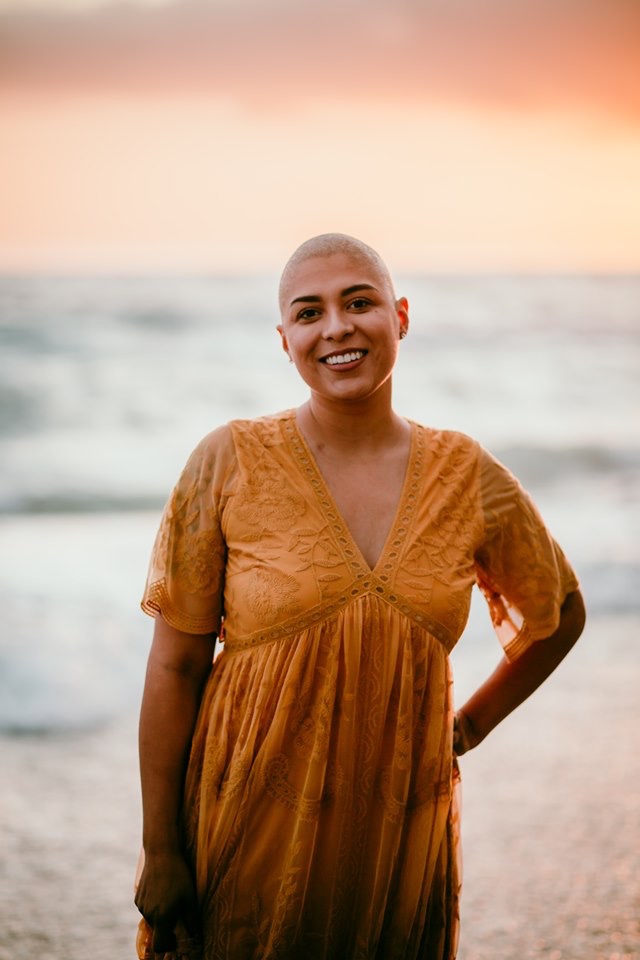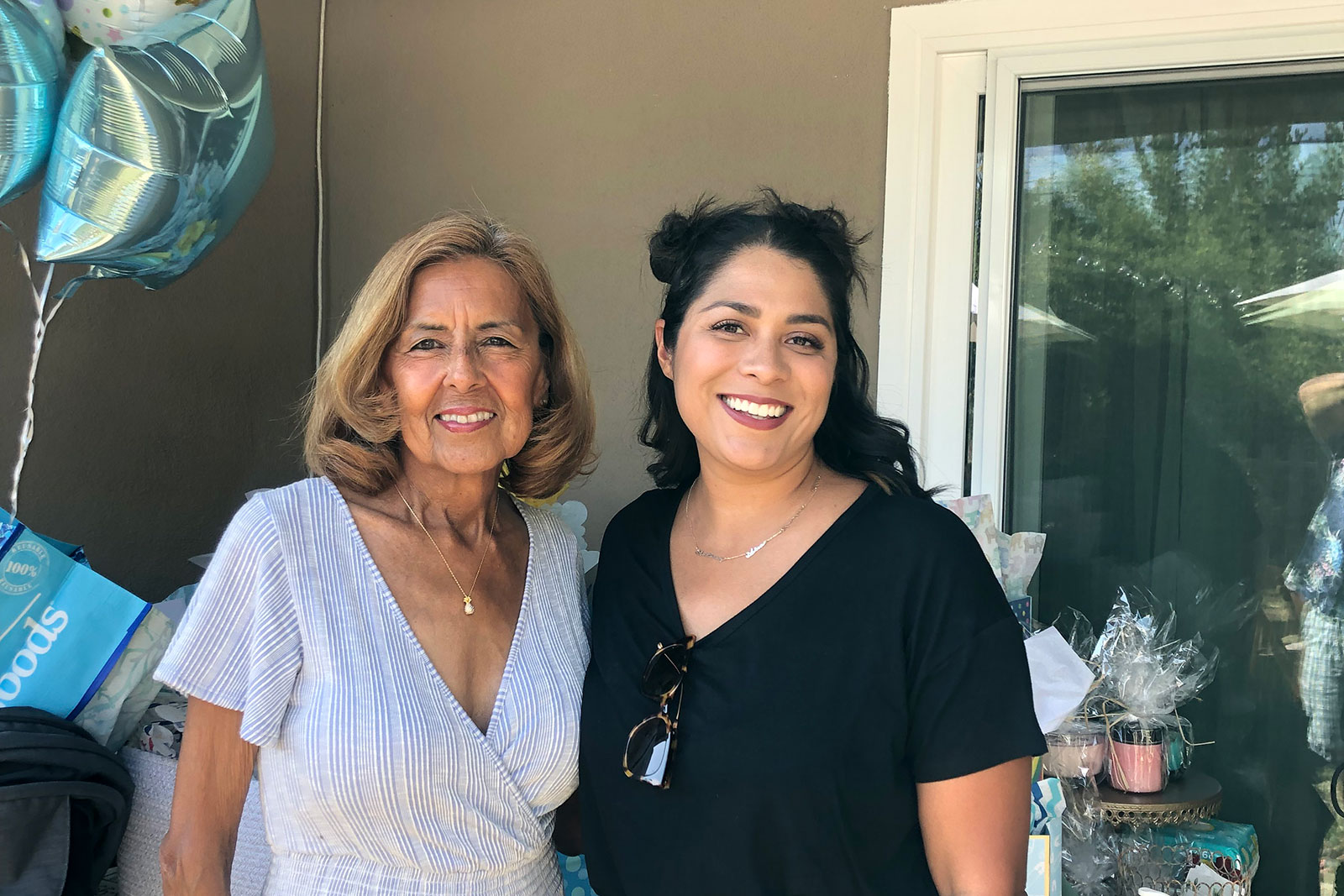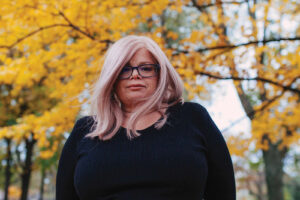Jennie Minor’s kidneys were functioning at 4 percent when she hesitantly turned to Facebook in 2017 to see if anyone was a match. As soon as she spotted the plea, Ashly Gardea told Minor, her husband’s aunt, she was going to get tested so she could possibly donate her kidney.
“Some people feel like it’s a calling, but for me, I have two – so I figured, let’s see if this works out,” Gardea says. When she phoned Minor, however, she was met with resistance. Gardea was 28-years-old with two young children. Minor didn’t want to take her kidney, and she felt guilty for even asking for help.
Ignoring her hesitancy, Gardea reached out to the hospital where Minor was receiving her kidney treatment, and learned that they had the same blood type. Next, she scheduled doctor appointments, she filled out questionnaires and she was on her way toward donating a kidney to her husband’s aunt.
“It seemed like everything clicked,” Gardea says.
In February 2018, Gardea arrived in San Diego for a final full day of tests and CT scans to make sure she was ready to donate. That’s when there was a hint of a problem.
“At the very last doctor I saw that day, he did a palpating physical, and noticed by my right clavicle that I had a swollen lymph node,” Gardea says. The doctor told her to get her lymph node checked out by her primary care doctor, and once approved, she could donate the kidney. Six week later, Gardea was at her primary care doctor’s office, where a nurse told her she simply had a “shotty lymph node.” She was cleared to donate.
On July 3, 2018, Gardea gave her kidney to her husband’s aunt, and was discharged less than 24 hours later, happily celebrating Independence Day with her family. But her independence wouldn’t be long lived.

At Gardea’s six month check-up post donation (which just happened to be on Gardea’s 30th birthday), she mentioned to her doctor that she still had a swollen lymph node – and that she thought it had actually grown since it was checked last. The doctor ordered an ultrasound.
Gardea had no history of cancer in her family, and she rarely went to the doctor. She assumed she had a cyst. A few days later, her doctor called and asked her to come to the office.
“She said, ‘You’re going to see some scary words on here, but I don’t want you to panic. Your ultrasound came back abnormal, and the scans are suspicious for hodgkin lymphoma.”
It snowballed from there, though Gardea didn’t receive an official diagnosis of hodgkin lymphoma, a cancer of the lymphatic system, until February – a full year after the original doctor spotted her swollen lymph node.
Thankfully, it was pretty slow-growing, and Gardea was still at a late stage I/early stage II. She had inadvertently donated her kidney while she had cancer, which is a big no-no.
“I shouldn’t have been cleared,” she says.

Still, the donation may have saved her life. Gardea hadn’t noticed anything wrong, as she neglected to go to her yearly physicals, and says she wouldn’t have seen her swollen lymph node unless it had been pointed out to her. It was prominent in a sports bra, Gardea says, but she wasn’t looking in the mirror when she was exercising.
The doctor recommended 12 sessions of chemotherapy, but Gardea was hesitant, as she still planned on having one more child. She wanted to freeze her eggs, while her husband was adamant that she start chemo immediately. Her oncologist suggested the Depo shot, a form of birth control which releases the gonadotropin hormone, stopping her ovaries from producing estrogen and progesterone. This is a strategy to reduce the risk of treatment-induced premature menopause.
It worked. Gardea’s 12th session ended July 2, 2019, and she got pregnant in December 2019. Her daughter, Ada, was born September 7, 2020. And Minor is also doing wonderfully. Her numbers have completely recovered, her skin is healthier and she didn’t have to do dialysis.
But there are days when Gardea doesn’t feel 100 percent grateful.
“I go back and forth on days when I think about it for too long, and sometimes, I’m really bitter,” Gardea says. She lost a cousin by marriage to pancreatic cancer after he was also misdiagnosed – and he left behind three children.
“I get really bitter thinking about that in relation to him, but other times, I think I’m so lucky. I was meant to donate to her,” Gardea says.







